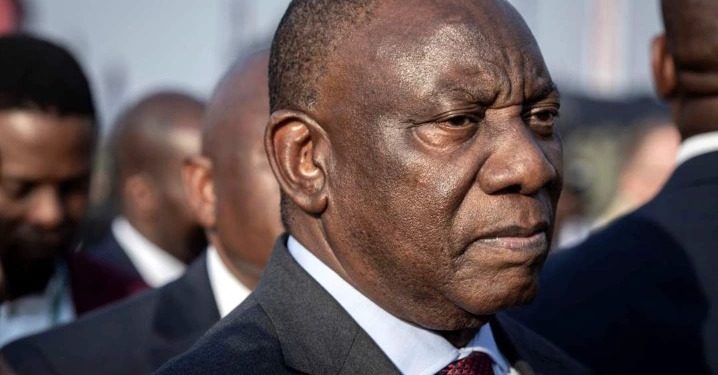President Cyril Ramaphosa has voiced strong discontent over the protracted setbacks facing the Madlanga Commission, characterising its sluggish progress as both “disgraceful” and an injustice to South Africans still awaiting decisive outcomes.
The commission, under the leadership of Justice Mbuyiseli Madlanga, was constituted to probe extensive allegations of corruption and mismanagement across critical state entities. Yet, since its formation, the inquiry has been dogged by repeated adjournments, inadequate resources, and administrative complications that have severely impeded its work.
Addressing a governance forum in Pretoria this week, Ramaphosa warned that the continued delays were weakening the national campaign against corruption and diminishing citizens’ confidence in public institutions. “It is deeply regrettable that this inquiry has taken such an inordinate amount of time. Our people seek accountability, yet instead of clarity, the nation is met with endless postponements,” he stated.
The president, whose leadership has frequently emphasised integrity and openness, further cautioned that prolonged investigations threaten the broader programme of institutional reform. “Inquiries that fail to produce timely conclusions ultimately betray those they are meant to protect. The legitimacy of our governance structures is at risk,” he said.
Although the commission had been expected to publish preliminary findings months earlier, officials cited obstacles ranging from logistical difficulties to disputes over sensitive documentation. Critics, however, contend that such justifications obscure systemic inefficiency and reveal insufficient political determination.
Civil society groups and opposition parties have also raised alarms, with warnings that persistent delays could fatally undermine the inquiry’s authority. The Democratic Alliance (DA) has urged the president to take firmer action, while organisations such as Corruption Watch have pressed for binding deadlines to guarantee accountability.
Legal commentators caution against excessive political interference, stressing that commissions are constitutionally obligated to uphold due process. “Accelerating proceedings at the expense of thoroughness could compromise the credibility of the final report,” observed legal scholar Thandeka Mkhize.
Nevertheless, Ramaphosa reiterated that the nation cannot endure indefinite extensions. “South Africans have already borne the heavy cost of corruption and state capture. Justice postponed is justice denied,” he emphasised, adding that his office would directly engage with the commission to expedite its activities.
With mounting frustration across society, attention now turns to Justice Madlanga and his panel, whose ability to demonstrate tangible progress will determine whether the inquiry preserves or forfeits public confidence.






















